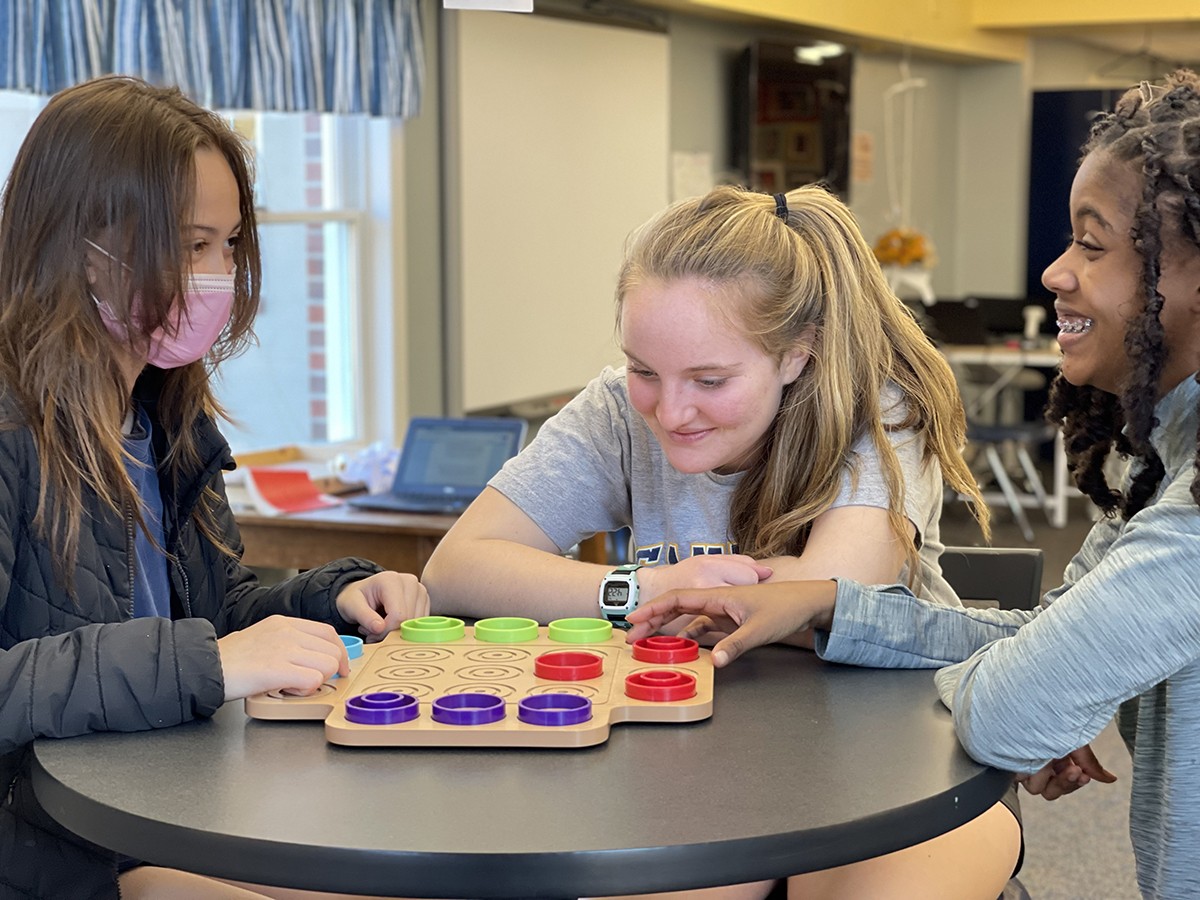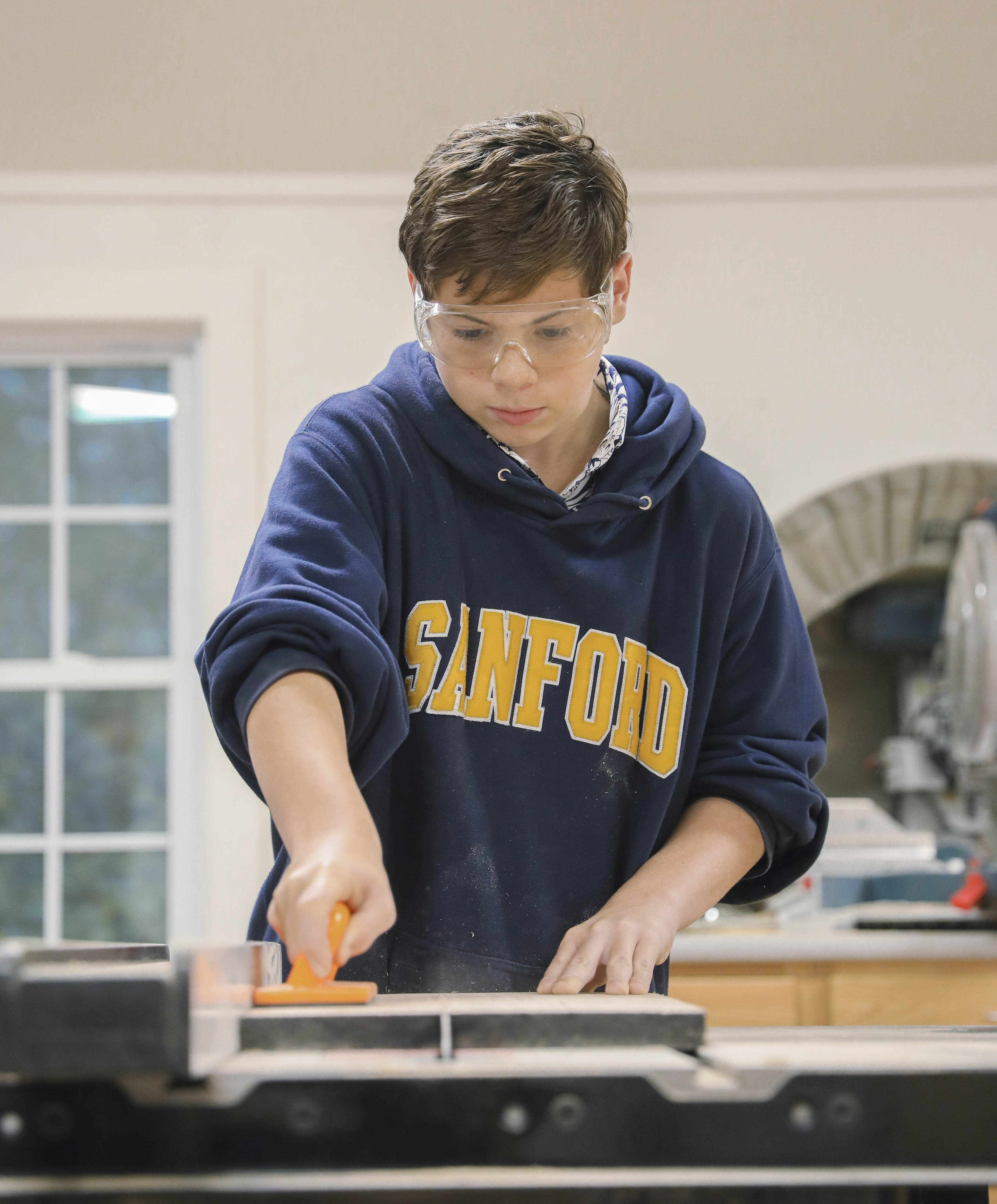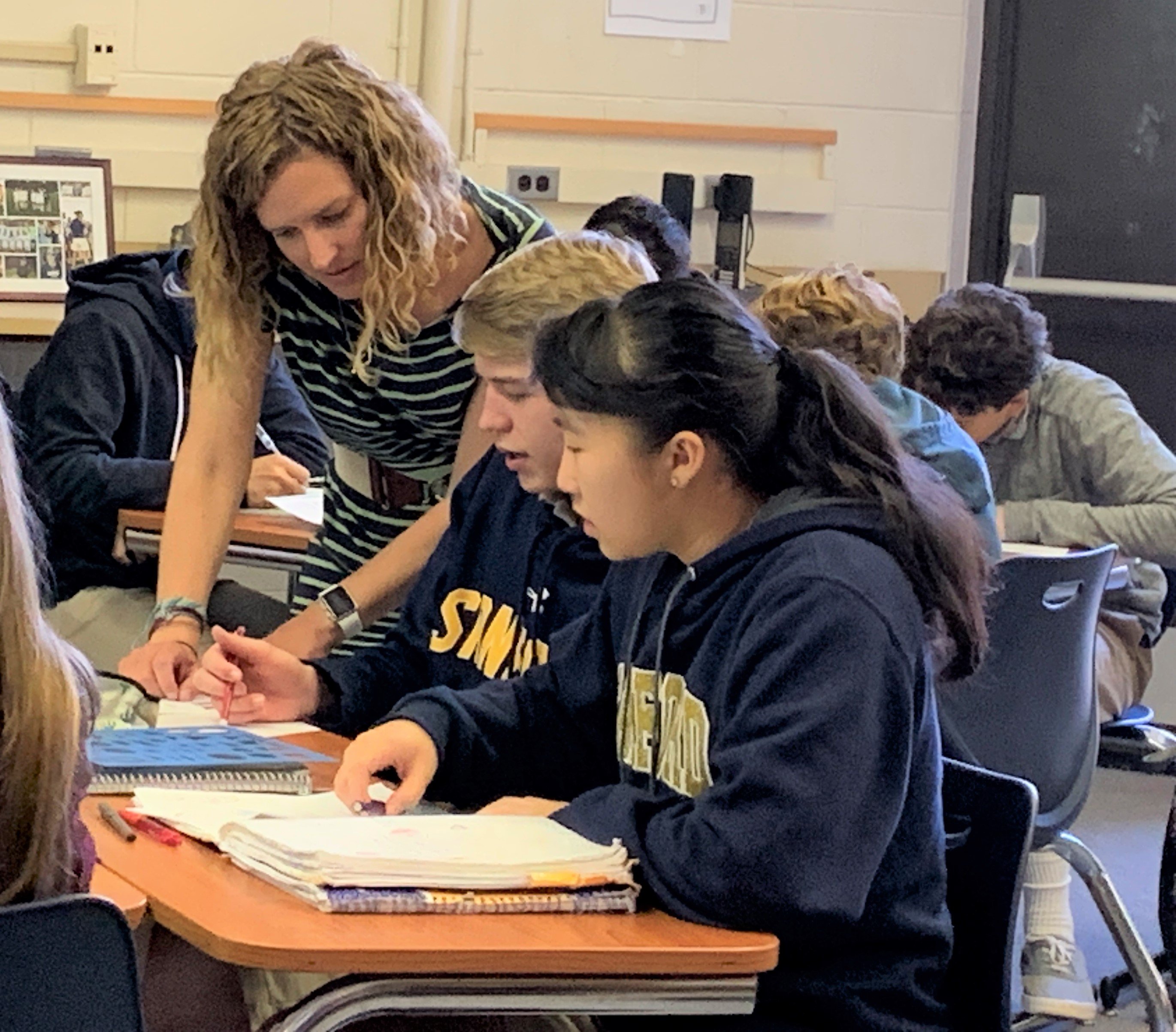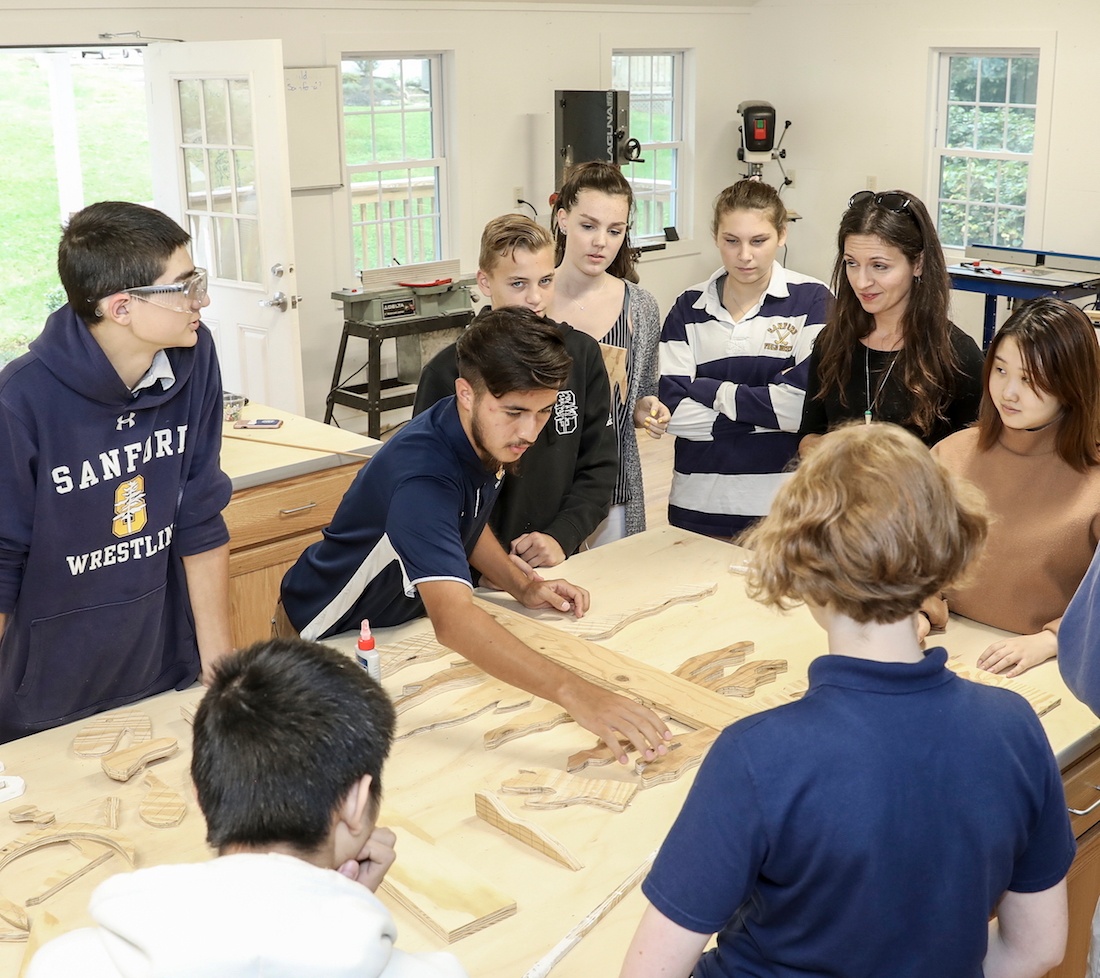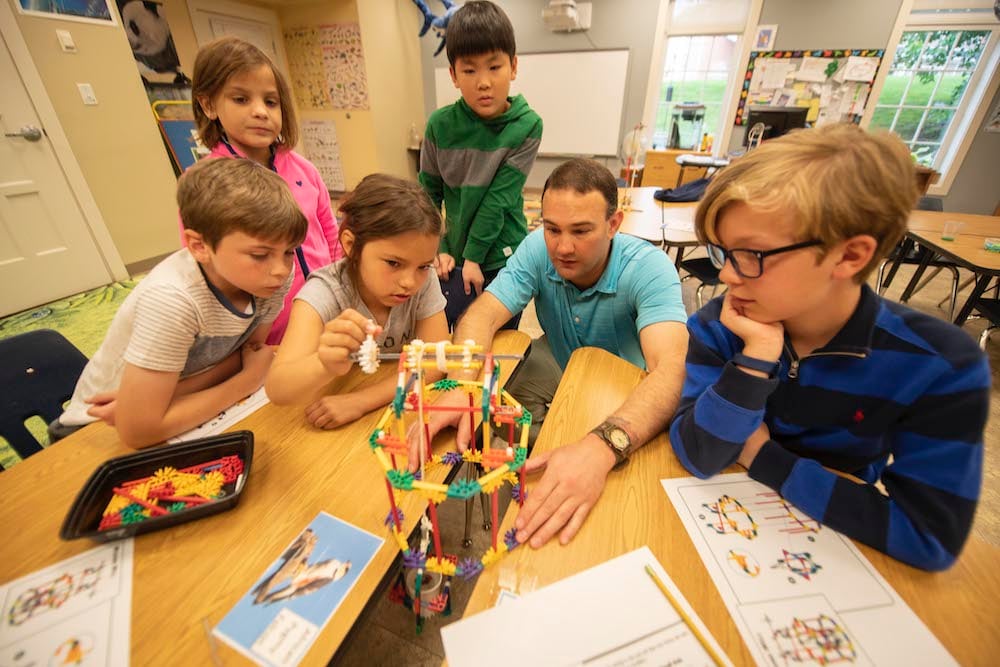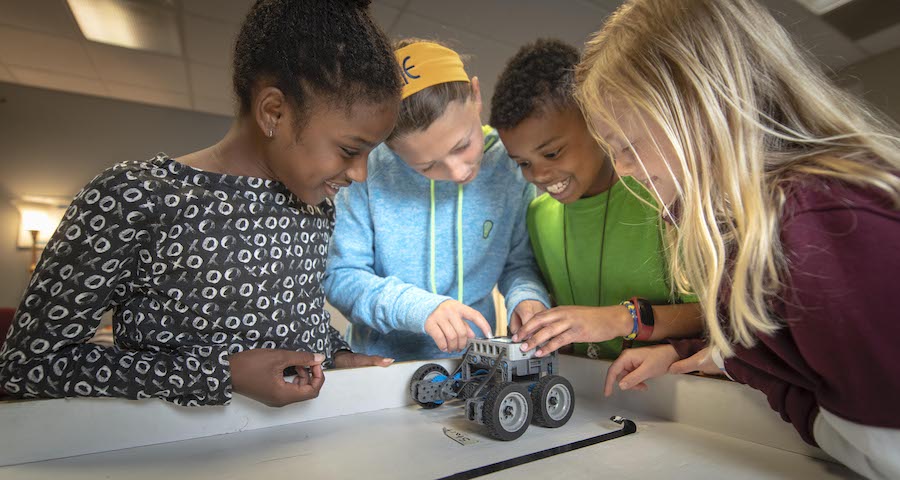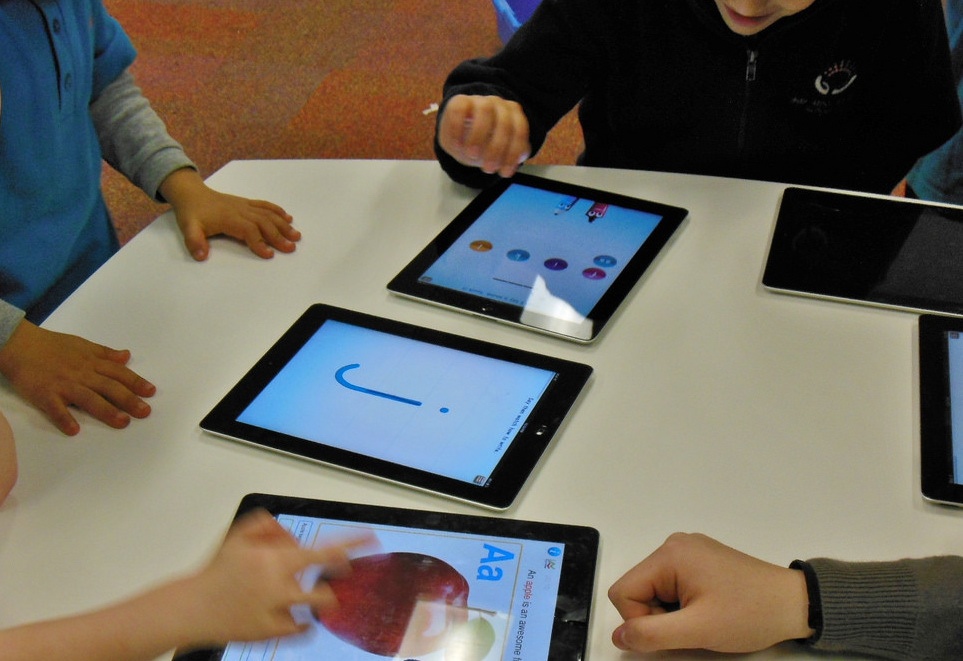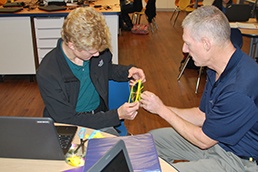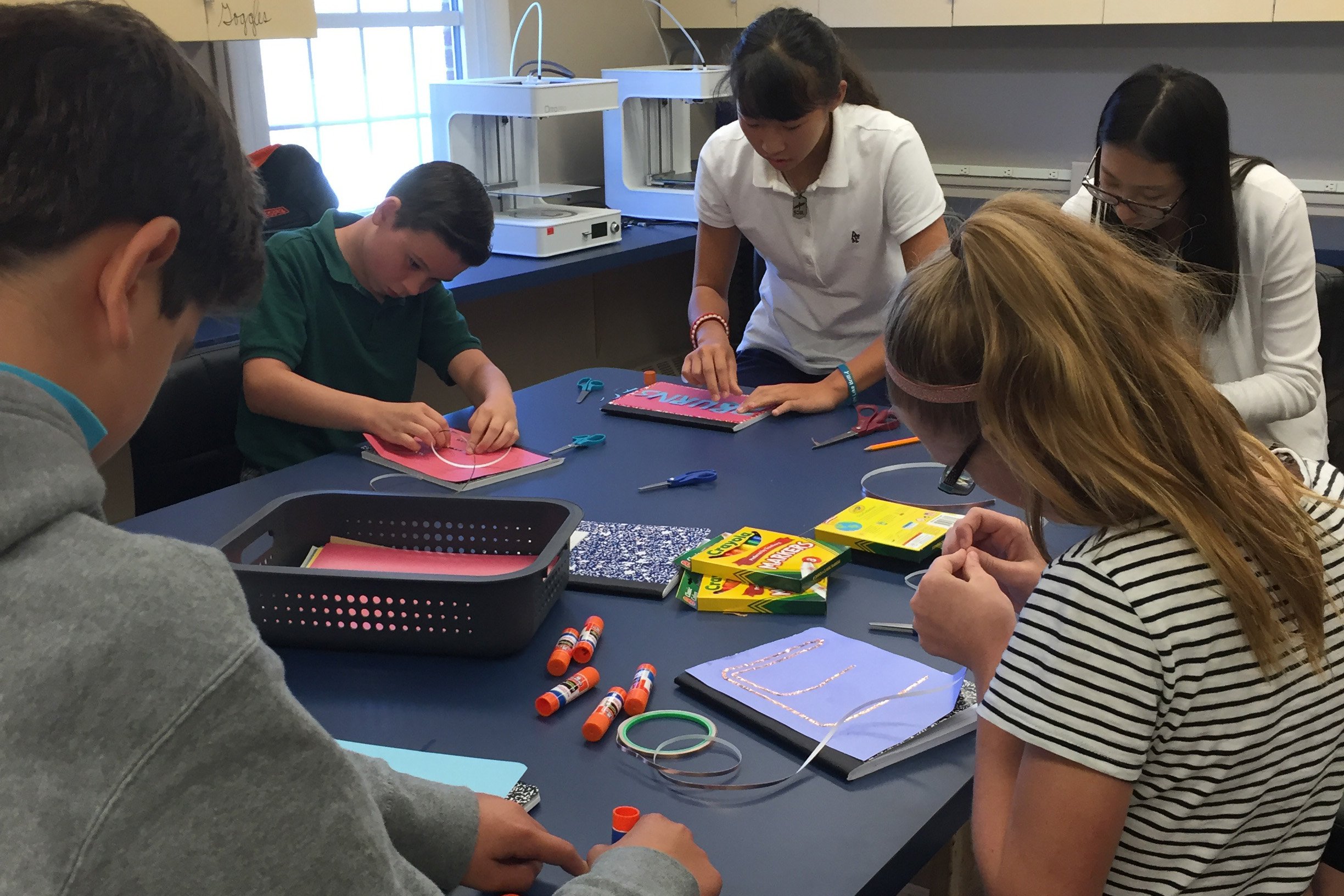If you are looking for a way to have fun with your child while also keeping their brains engaged, then these STEM (science, technology, engineering, and math) board games are for you! Some games are for groups, so they’re perfect to pull out for a Family Game Night, while others have solo or two-player options for kids who want more independent fun.
Topics: STEM, Middle School
We just celebrated the 50th Anniversary of Earth Day on April 22nd. Let’s continue to protect the environment every day to help the world to be a happier, healthier place to live. Check out the list below for ideas on how you can keep looking out for the Earth all year long.
Topics: Health & Wellness, Parenting Tips, STEM
Patience, Focus, and Fulfillment: Why We Work with Our Hands
Lab sheets, calculations, essays, debates; so much of what students accomplish during their school day exists on the mental plane. All of these exercises, and their affiliate subjects, are crucial in molding a child’s critical thinking and quantitative reasoning skills. These are undeniably valuable when considering the scope of one’s academic career, but how often are students able to appreciate all that they are accomplishing? For developing students, the constant mental focus used to excel can be draining. Pair that with the fact that more and more students are trading in their free time for screen time, and suddenly you have an environment where mental fatigue and burnout thrive.
Beyond Word Problems: Making Sense of Math
The study of mathematics involves the balance of procedural skill, fluency, conceptual understanding, and application. Engaging students to make sense of math, rather than teaching them to memorize concepts, helps create mathematical thinkers. An important key to understanding mathematical concepts is a problem-solving approach in the classroom.
Building Creative Minds In The Woodworking Shop
Did you know that swinging a hammer in a woodworking shop has a wide range of benefits for students? Woodworking provides the ability to identify a problem, brainstorm the possible solutions, and test your ideas. These skills lend themselves to all aspects of life, both inside the classroom and out. Woodworking classes have recently regained popularity because they build essential life lessons along with reinforcing math, science, and problem-solving skills. In fact, a study from Purdue University showed students benefited from participating in hands-on engineering projects. A woodworking program benefits students in the following ways:
Design Thinking is a teaching approach that incorporates the engineering design process in hands-on, collaborative projects. Students are guided through the design steps to problem solve. The process is meant to be repeated to create the best possible solution. Project-based and problem-based learning engages students while providing essential Science, Technology, Engineering, and Mathematics (STEM) skills that inspire innovation.
Topics: STEM
Elementary school is the perfect age to teach coding. Learning to code is fun, empowering, and provides essential 21st century skills. According to the US Department of Commerce, within the last ten years STEM (science, technology, engineering, and math) employment opportunities have grown by 24.4% vs. only 4% in non-STEM fields, and STEM-focused employees make an average of 29% more than non-STEM workers. It is important that we provide our children with the computer science skills necessary to be successful.
Topics: Education, Academics, Parenting Tips, STEM
Engage your kids in learning throughout the summer with a variety of experiences to help them to continue their growth and prevent learning loss. If you have a phone or tablet, apps can do more than keep them busy. It is important to select apps that engage your child, strengthen their skills, and promote learning. In addition, make sure to balance screen time with playtime to help your child to create a healthy relationship with technology.
Topics: Summer, Parenting Tips, STEM
Authentic learning is messy, loud, and somewhat chaotic as students grapple with application of their ideas and classroom learning to solve a problem. Authentic learning is active, creative, and fun.
What Does Authentic Learning Look LIke?
Student teams discuss their thinking, develop and implement a plan of action, and get to work. Some plans fail, and students learn to quickly adapt their thinking and craft new solutions as they work within time constraints.
This ebb and flow of successes and failures is part of authentic learning, and students learn more from failures than successes.
Makerspaces? What Does the Maker Movement Mean?
“What do you do in a makerspace?
The simple answer is you make things.
- Things that you are curious about.
- Things that spring from your imagination.
- Things that inspire you and things that you admire.

